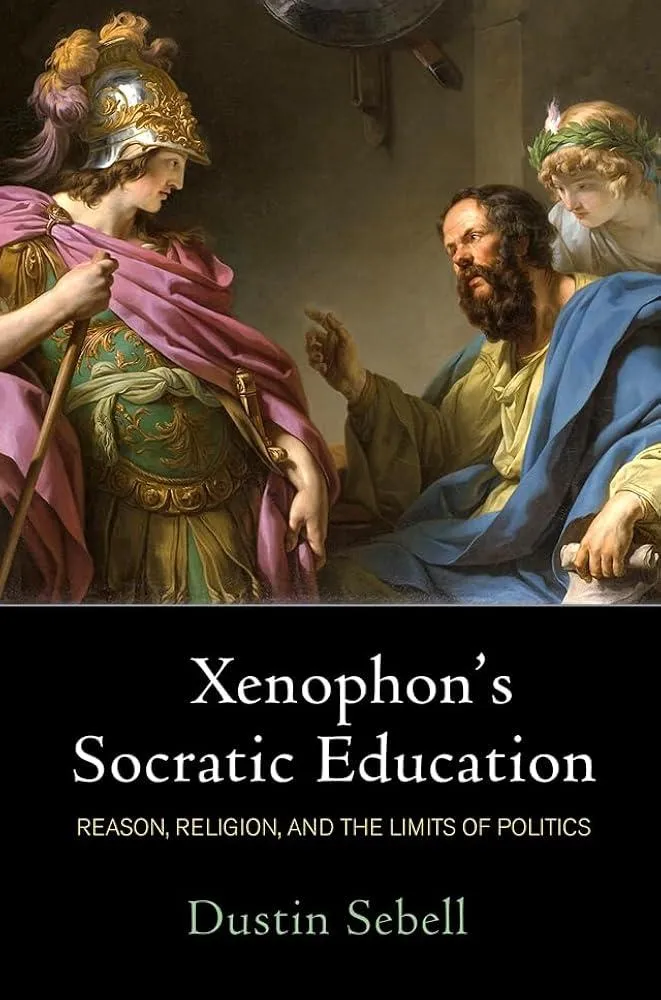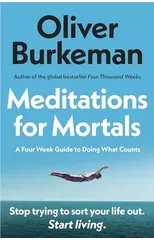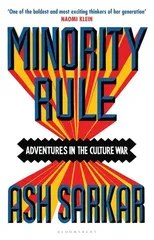Xenophon's Socratic Education
Reason, Religion, and the Limits of Politics
(Autor) Dustin SebellIt is well known that Socrates was executed by the city of Athens for not believing in the gods and for corrupting the youth. Despite this, it is not widely known what he really thought, or taught the youth to think, about philosophy, the gods, and political affairs. Of the few authors we rely on for firsthand knowledge of Socrates--Aristophanes, Xenophon, Plato, and Aristotle--only Xenophon, the least read of the four, lays out the whole Socratic education in systematic order. In Xenophon's Socratic Education, through a careful reading of Book IV of Xenophon's Memorabilia, Dustin Sebell shows how Socrates ascended, with his students in tow, from opinions about morality or politics and religion to knowledge of such things. Besides revealing what it was that Socrates really thought--about everything from self-knowledge to happiness, natural theology to natural law, and rhetoric to dialectic--Sebell demonstrates how Socrates taught promising youths, like Xenophon or Plato, only indirectly: by jokingly teaching unpromising youths in their presence. Sebell ultimately shows how Socrates, the founder of moral and political philosophy, sought and found an answer to the all-important question: should we take our bearings in life from human reason, or revealed religion?
Dustin Sebell
Dustin Sebell is a renowned author known for his novel "The Echo of Silence," which explores the complexities of human relationships and the power of communication. His poetic prose and vivid imagery captivate readers, earning him critical acclaim and a dedicated following. Sebell's work continues to inspire and provoke thought in the literary world.





